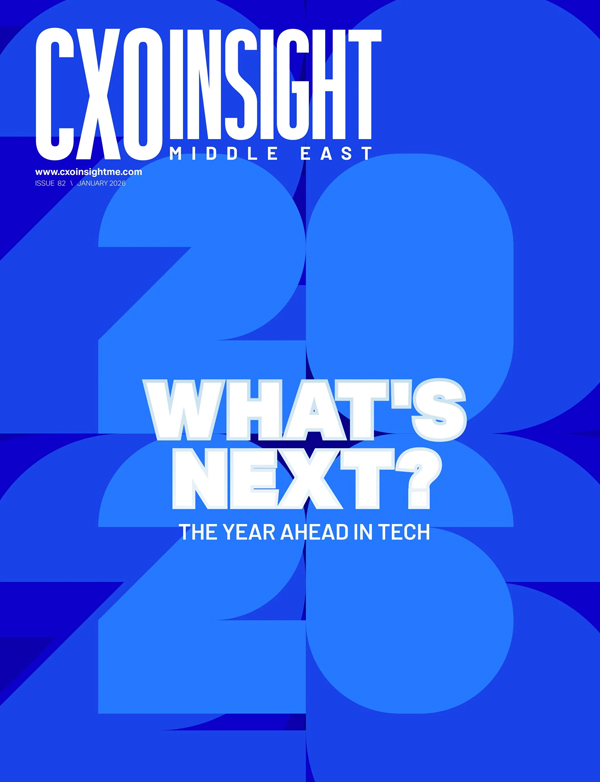Are you an AI evangelist or fatalist? Today AI is often profiled as either the end of the world as we know it, where robots will take all of our jobs, or the answer to all our problems, where AI is the ultimate solution to save the planet. It’s ironic that such a complex technology often provokes such a simple, binary response. And it’s a problem. Because as anyone who actually works with AI will tell you, the truth is less dramatic, at least in the short term, but far more relevant here and now. So in which enterprise areas will we see AI first and which use cases will be pioneering the development? These are the ones I predict will gain traction rapidly:
AI augmentation and decision automation
One reason to why some people believe that AI will deprive people of their jobs, is that they confuse AI with automation. According to Gartner, “2020 will be a pivotal year in AI-related employment dynamics, as artificial intelligence (AI) will become a positive job motivator… AI Will Create 2.3 Million Jobs in 2020, While Eliminating 1.8 Million.” According to Gartner analyst Svetlana Sicular, “’Unfortunately, most calamitous warnings of job losses confuse AI with automation — that overshadows the greatest AI benefit — AI augmentation — a combination of human and artificial intelligence, where both complement each other.”*
One example for how this can be used is within decision optimization. In an expanding global market, industries constantly wrestle with increasing complexity. Globalisation, innovation and competition are all growing fast, with businesses constantly tasked with producing or delivering more, from fewer resources, using leaner, faster operations. One consequence of the rapid globalisation is that demand for product and services may shift instantaneously in markets across the world. Imagine a manufacturing company selling products in 50 markets. A sudden increase of raw material prices in one region, or new trade tariffs, will make it important to be able to adjust demand and possibly pricing on short notice. Here, the AI can help you create an overview of a large number of factors simultaneously to produce a plan for how to adjust demand planning and pricing. Historical data can be used to learn to make or propose decisions to make them both quicker and more intelligent. With very large sets of data from multiple markets it may be hard to pinpoint what is actually important. AI can help you to detect anomalies and patterns as well as raise alerts when data points go outside certain intervals. This way, some decisions can be automated by the AI. Based on past actions and specified priorities, your AI-enhanced business software could for instance present your daily top-5 list of decisions you should action.
Using AI for anomaly detection, the human would focus on making decisions on how to manage the anomalies, which may require more human qualities, like creativity or empathy when judging human reactions and consequences. Finding this balance to optimise how humans and AI can work together will be crucial to succeed with an AI strategy in the long term.
AI-enhanced predictive maintenance and service
High-profile AI stories like driverless trucks always grab the headlines. In reality, for most companies it’s more likely to be how the truck is maintained and serviced that AI will impact first—which algorithms will use what sensor data to predict the truck’s specific needs in context, ahead of time, whatever the climate, whether on the open road or in the service bay. In fact, AI will play a major role in maintenance in many, many industries. McKinsey found that for Manufacturing operations, predictive maintenance enhanced by AI allows for better prediction and avoidance of machine failure by combining data from advanced Internet of Things (IoT) sensors and maintenance logs as well as external sources. Asset productivity increases of up to 20% are possible, and overall maintenance costs may be reduced by up to 10%.“
Asset-intensive industries, like manufacturing or energy, are ideal applications for AI since, these days, most of the key equipment are fitted with loads of sensors that generate mountains of IoT data that can form the foundation for building machine learning algorithms. Based on the data, AI can turn maintenance from preventive to truly predictive.
Manufacturing lines or energy plants connected to software with built-in AI capabilities may not only use IoT data to detect, for example, where temperature levels are too high using sensors. Using machine learning algorithms, the system can learn from experiences and connect this data to production scenarios. For example: The temperature level on the production line is too high, which has in the past led to a need for maintenance. This experience can now be used to automatically create a work order in the enterprise software and dispatch service staff to fix the problem, without any manual work. Adding AI capabilities to this, by creating an AI-powered route scheduling solution (decision optimisation), the software could even learn how to optimize the workforce schedule to service equipment at geographically spread out locations at top efficiency. This is just one example of how IoT, automation and AI can work together to optimise predictive maintenance and service.
AI-supported system interaction
The area where AI perhaps is most advanced already is within interaction with people or systems. AI-powered voice assistants represent a major opportunity for many organizations, both internally and externally. The key is to use it for the uncomplicated queries or transactions that occur in great volumes. These tasks can be uncomplicated in nature but still require you to log in to an application and perform a short series of actions every time you do it, which in the long run takes time.
In a company-internal setting, AI chatbots have a great potential to make this process more effective. One example could be when employees are to call in sick, ask for leave or simply want to find and access certain items within their enterprise software. Making it possible to access this information, and actioning it, using your voice, or by chat, enables significant time- and cost savings. The added AI capability can in time refine the process, so the path to executing the task will be even smoother and quicker in the future.
Externally, taking calls at a service helpdesk is a natural way to use AI chatbots as the calls often are simple requests like establishing opening hours, or determining when an engineer is due to arrive. This AI-powered approach is going to get increasingly important not just in terms of the quality of service you can deliver, but in the context of growing skills shortages of service providers.
As many contact centers are now developing omnichannel solutions, to include voice, e-mail, social media and chat as contact options, the AI capability could help to identify your preferred contact option and guide you quicker through the process in the future.









Discussion about this post